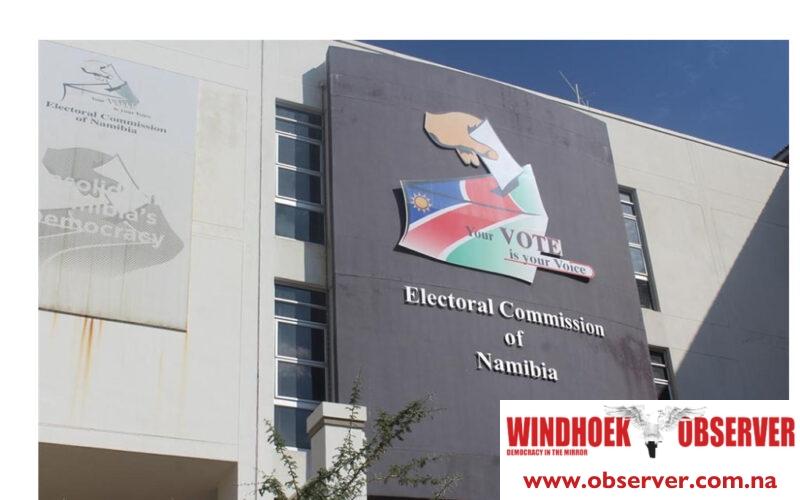Hertta-Maria Amutenja
The Electoral Commission of Namibia (ECN) is facing criticism for its lack of gender sensitivity in the voter registration process.
The current system only provides options for males and females, excluding non-binary and transgender individuals.
This has raised concerns among activists and members of the lesbian, gay, bisexual, transgender, queer/questioning, intersex, and other (LGBTQI+) communities.
Transgender woman, Deyonce !Naris said she has been vocal about the issue and has been emphasising the battle for recognition beyond the binary gender options.
“It’s really problematic that ECN is not accommodating inclusivity. This whole male and female thing I have been fighting for the longest time,” said !Naris.
She explained that the national system does not accommodate genders outside of male and female.
According to !Naris, this influences the recording and recognition of voters.
“When women like myself, who are transgender, place a vote, it will be regarded as the vote of a 34-year-old male and will not be representative of a 34-year-old transgender woman. That essentially means I won’t be recorded as a woman but rather as a man. It also means that other people who don’t identify as either will be recorded as male or female, which is not what they identify as,” !Naris explained.
“This also means the government will continually keep saying we are a minority and not a majority, and our numbers will never be known. Our voices as trans and gender-diverse persons will never be heard as a group of people that identify in that spectrum,” said !Naris.
Mercedez von Cloete, another transgender woman, echoed these concerns and highlighted the exclusion of the LGBTQ+ community.
“History shows that the LGBTQ community has refrained from voting in the past, especially because they don’t include being included in parties’ manifestos and they have been disregarded,” said von Cloete.
She stressed that it is important that inclusivity be part of the electoral process, particularly following last week’s high court ruling in favour of decriminalising sodomy.
“Especially with the recent ruling, it is imperative that we start to speak the language of inclusivity, and not only in the court but also where it matters. I did not know about this inconvenience. If we are encouraging everyone to vote, I think it is important that ECN makes sure that there are blocks for us to be able to tick from,” von Cloete said.
She also shared her personal experiences with the Namibian authorities regarding her identification documents.
“Between the time I took my first ID and now, there has been a lot of change with my transitioning. It had been very difficult for me to go in and out of the country, especially from the Namibian authority side. However, I managed to get a new identification document and passport that reflects how I look now. I think there has been some measure of inclusivity, but we aren’t fully there yet.”
Queer Jay Aeron, who said he has no intention to register, described the exclusion as frustrating and pointless .
“It affects us a lot cause there’s clearly no inclusivity, there hasn’t been any since the jump- so it’s been frustrating & pointless to even sensitise any of us to be apart of democracy when there’s nothing in place to protect us, our gender identity and our voices,” said Aeron.
Agapitus Hausiku, director of Outright Namibia, discussed the systemic challenges faced by the LGBTQ+ community in Namibia.
“We have met with ECN as part of their stakeholders and we have addressed the issue. ECN’s excuse has always been the sodomy law and that that law will not allow inclusivity. But if the Namibia Statistics Agency also does not have that opinion, it makes it difficult,” Hausiku said. He emphasised that the issue extends beyond the ECN, affecting various sectors, including banking. “It’s an issue that is not just with ECN but in so many sectors; even the banks don’t allow transgender individuals to open accounts.”
Human rights activist Linda Baumann highlighted that there exists confusion between gender and sex in Namibia.
“There is a difference between gender and sex, which is a huge confusion in Namibia. I am a lesbian and I identify as a woman. But it might be an issue for the transgender community. National statistics also don’t make provision for them and that is where the root cause is,” said Baumann.
She pointed out that the lack of recognition in national statistics contributes to the ongoing marginalisation of transgender individuals.
ECN has not responded to questions sent to them.




